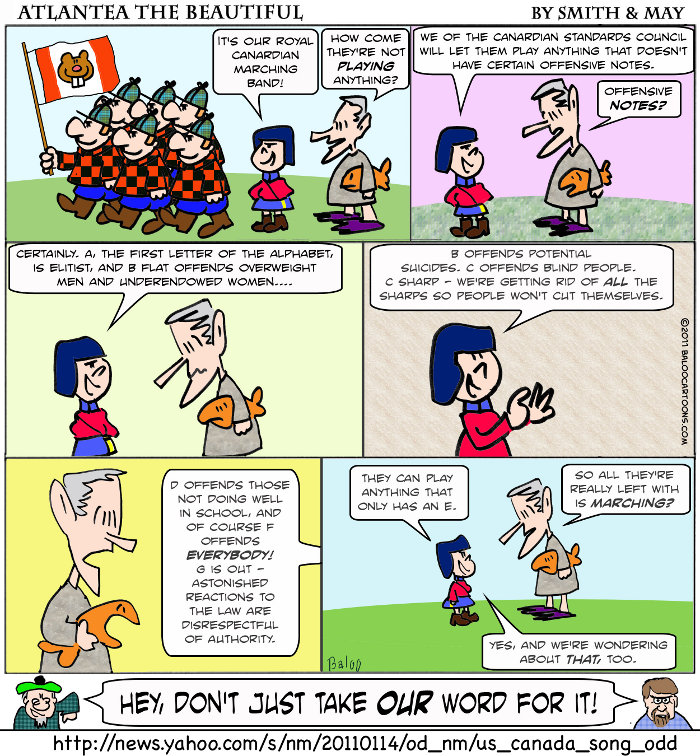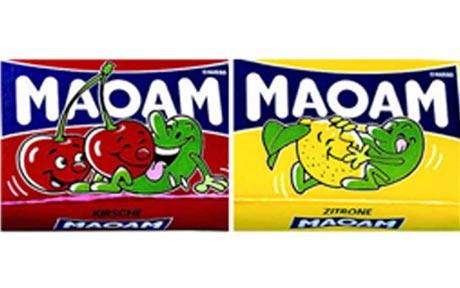I haven’t seen the Top Gear special in question, but from the complaints, it sounds like a pretty typical outing for the boys:
In the letter, published in the Daily Telegraph, the HCI criticised a lack of cultural sensitivity and called on the BBC to take action to pacify those offended.
One Indian diplomat told the BBC News website: “People are very upset because you cannot run down a whole society, history, culture and sensitivities.
“India is a developing country, we have very many issues to address, all that is fine but it is not fine to broadcast this toilet humour.”
He added: “There are many parts of the programme that people have complained about.
“It’s not only Indians, it’s also our British friends — it goes much beyond.”
The diplomat cited an “offensive” banner placed on the side of a train — reading “the United Kingdom promotes British IT for your company” — which read quite differently when the carriages were parted.
And he also criticised a scene in the programme which showed Clarkson taking off his trousers at a party to demonstrate how to use a trouser press.
Showing off the customised Jaguar, complete with toilet roll on its aerial, presenter Jeremy Clarkson said on the programme: “This is perfect for India because everyone who comes here gets the trots.”
Update: Jeremy Clarkson strikes again, this time agitating the folks on the Isle of Sheppey and recent immigrants:
Clarkson wrote: “Mostly, the Isle of Sheppey is a caravan site.
“There are thousands of thousands of mobile homes, all of which I suspect belong to former London cabbies, the only people on Earth with the knowledge to get there before it’s time to turn round and come home again.”
“And what of the locals? Well, they tend to be the sort of people who arrived in England in the back of a refrigerated truck or clinging to the underside of a Eurostar train.”
“And that reinforces my point rather well.
“Mboto has somehow evaded the gunmen and the army recruiters in his remote Nigerian village. He walked north, avoiding death and disease, and then somehow made it right across the Sahara desert to Algeria.
“Here, he managed to overwhelm the security men with their AK-47s and get on a boat to Italy, where he sneaked past the guards.”
The article in Top Gear mag adds: “He made it all the way across Europe to Sangatte, from which he escaped one night and swam to Kent.
“But that stumped him. Getting out of there was impossible, so he decided to make a new life in Maidstone.”





